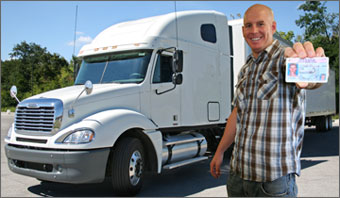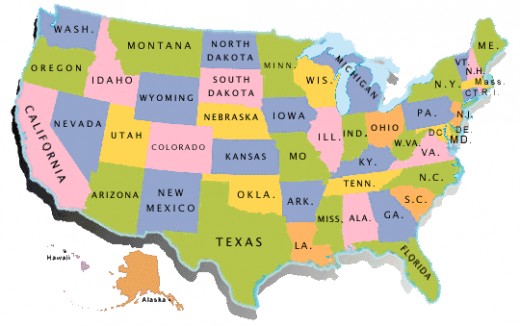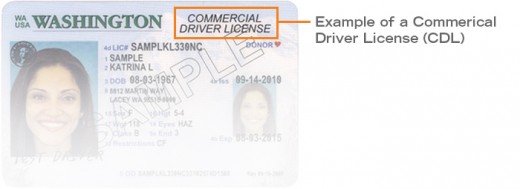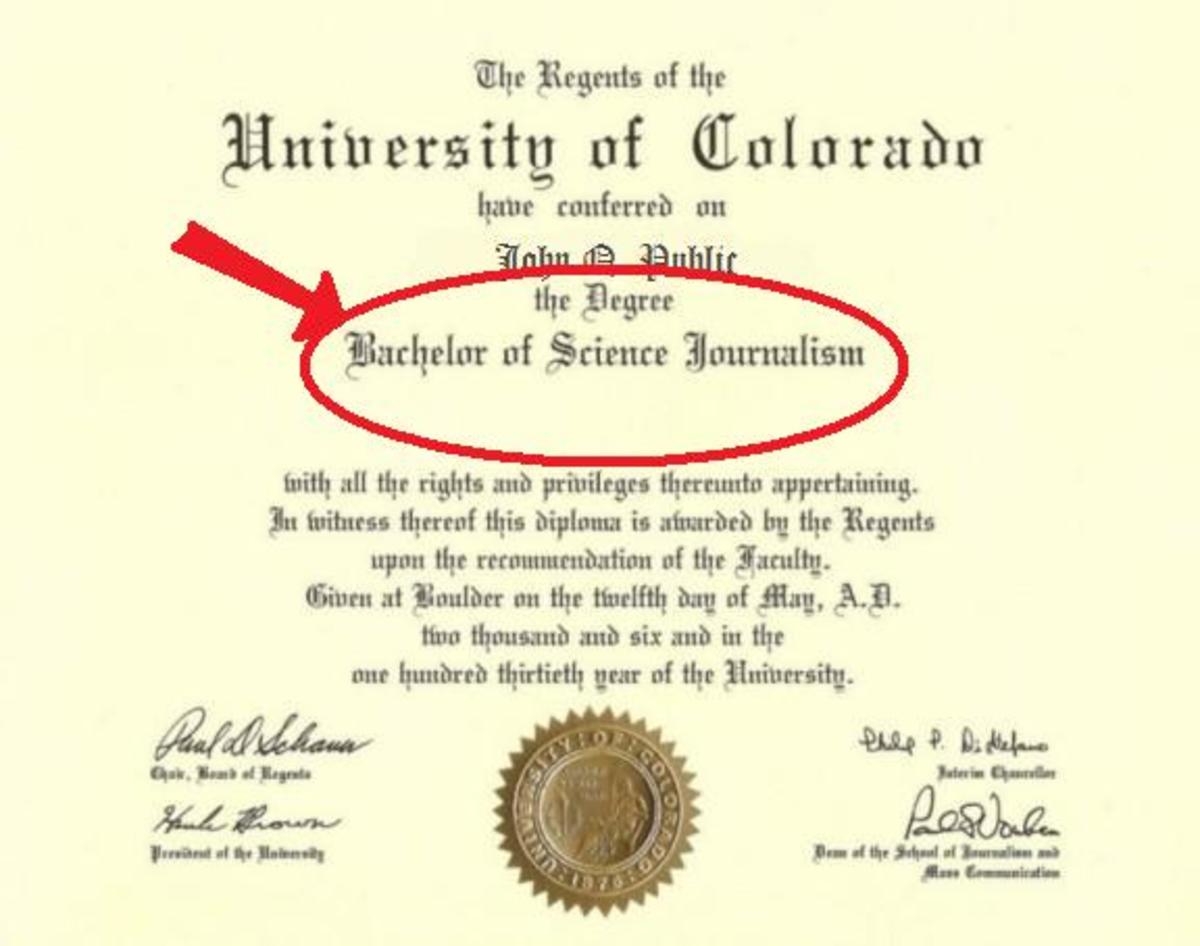A Guide To CDL Training: How To Become A Better Trucker
General Knowledge For CDL Training
The world would not be the same place it is today if not for the hard work put by the men and women of the trucking industry. Despite advancements brought about through the Internet and other emerging technologies, nations across the world would collapse if we didn’t have truckers moving our good and materials.
What was once just a profession has grown into a lifestyle which gives drivers the freedom and career fulfillment they crave. Despite how invaluable truck drivers are to the economy, there is an extreme shortage of qualified drivers. According to the ATA, the trucking industry has struggled with a shortage of drivers for over 15 years.
The fact of the matter is that despite a shortage of truckers, these companies fail to meet demands in hiring qualified truckers. Part of that lies in needing truckers yet the number of potential workers fail to possess their CDL license.
There’s an immense wealth of opportunity for the average trucker out there. In this guide, you’ll learn about the pros and cons of becoming a trucker, how to find a CDL school, and the difference between CDL licenses.
Why Be A Trucker?

No line of work is perfect for everybody, but there are certainly some positives when considering a career in trucking. Displayed alongside one another, you can weigh the pros and cons of becoming a certified trucker and taking the next step.
Cons
- It's a rugged lifestyle and most (over 50%) wash out within six months. It can be rigorous work, and not everyone is built to do it.
- It's a job that is totally regulated by local, state, and the federal government. You’ll have to accept that it’s highly regulated, so make sure you’re within these guidelines.
- Hard to break in. While brand new drivers can find work, the more lucrative work will only become available after you’ve been working for over a year.
Pros
- The possibility of unlimited earnings, because the work never ends. Trucking will always be needed, no matter how the economy fluctuates.
- You will get to travel, see the country. For those with an adventurous spirit and enjoy traveling, becoming a trucker can help you see parts of the country you may not have visited otherwise.
- Make as much or as little as you want. With so much demand, you can pick the line of work which fits your needs.
Becoming a trucker can either be extremely rewarding or extremely taxing. The choice is up to you, but you should be to weigh out your options and see if taking the jump is worth it. Unlike achieving a degree from a technical or four-year school, obtaining a CDL license is a relatively low investment of time, which means you can always pursue other things if trucking isn’t for you.
Finding A CDL School

The first step in obtaining a CDL license and beginning your career in trucking starts with finding an appropriate school based on trustworthiness, location, and value. The first thing to know is the difference between the types of schools that offer CDL training.
Private CDL Schools
There are a ton of schools out there that operate purely to train drivers for their CDL license which are independently owned and operated. These schools have a tuition which is paid either through loans, grants or out of pocket. Many of these private schools can be found locally either through local trucking school directories or through your local DMV office.
Don’t neglect to consider a school if it’s slightly further than one which is more convenient for you. No CDL schools are created equal and the quality of training will differ. On the flipside, if you’re attending a school which is outside of the state you live in, make sure that your CDL license will be transferrable.
Company-Sponsored Training
The other type of CDL training can be received from company-sponsored schools where trucking fleets pay to have their new hires trained. These are owned and operated by trucking companies that require very little or no money up front from those who enroll. Although little upfront cost, these companies will often deduct tuition payments out of your paycheck once you're on the road.
Private vs. Company Training
The real differences between these schools are easy to see after you review your available options once the training is complete and you’ve earned your CDL license. Because the company-sponsored schools help subsidize your training, you’re essentially obligated to drive for them once you’ve obtained your CDL license.
So while both schools can offer a comparable quality of training, private schools certainly allow for more freedom when choosing your path in trucking. This ultimately boils down to whether or not you can receive loans or pay for your training out of pocket should you decide to go for a private CDL school. If you lack the funds or can’t get the necessary loans, company-sponsored programs will be the best option for you.
Preferred CDL Training Schools
- Top Truck Driving and CDL Training School In WV: JDR4 Career Center
Become a trained CDL driver in West Virginia in just 12 weeks. Learn more about our top truck driving school here in WV. Call 304.564.3337 or apply online! - Get Paid While You Get Your CDL
Roehl offers paid CDL truck driver job training and partners with CDL truck driving schools, too. Learn more & apply today! - Find a Truck Driving School
All professional truck drivers need CDL training from a truck driving school. Schneider offers several funding options and they can get you in a truck quickly once you graduate.
CDL License Types

Believe it or not, a trucker can obtain multiple types of CDL licenses for their line of work. Unlike a standard driver’s license, the type of CDL you possess will pertain to the size or style of vehicle you wish to operate.
Class A CDL
This is typically the most common CDL license held by truckers as it covers the largest sizes of trucks and the cargo they tow. The class A CDL is meant for drivers looking to operate a cargo load with a gross combination weight rating (or GCWR) of 26,001 lbs. or more and a towed vehicle that is HEAVIER than 10,000 lbs.
Because of this classification, this encompasses the large 18-wheelers and trucks consistent of long haul jobs. This line of work is highly regulated and proper training is crucial.
Class C CDL
Unlike the A or B, class C is really a specialized type of CDL license. Typically, the types of vehicles which require the CDL C are vans which are delivering up to 16 individuals or special HAZMAT vehicles as stipulated in federal regulations.
Class B CDL
Since these are smaller trucks, these are vehicles which fall under a different category from big rigs. The vehicles allowed to be driven depend on the right endorsements but can include dump trucks, delivery trucks, and large buses.
CDL Class Training Poll
Are you currently studying for your CDL? Which class are you testing for?
A World of Opportunity
Choosing the right CDL school will more than likely come down to personal preference, but you must choose a school which will position you to succeed. Think about what type of education works for your style of learning and whether or not the price is the biggest limitation for pursuing your CDL license. With so much opportunity for truckers across the country, the right tools can help you take the next big step in your trucking career. Nothing will beat extensive experience behind the wheel, so make sure you aim for quality over convenience.








